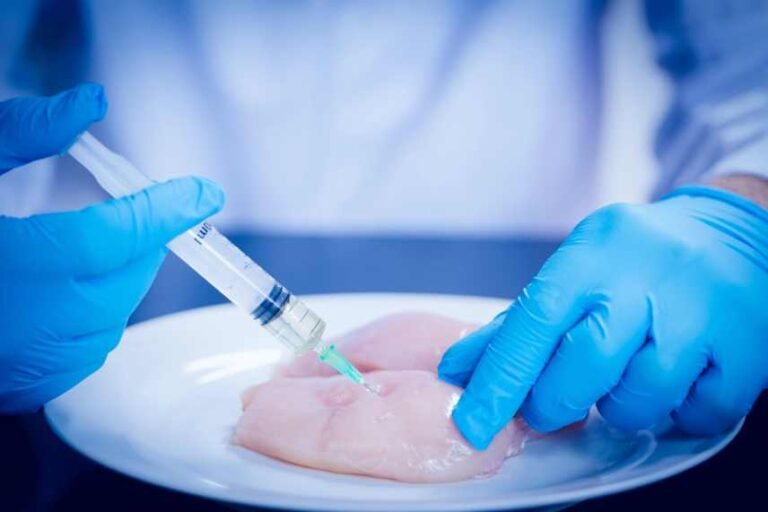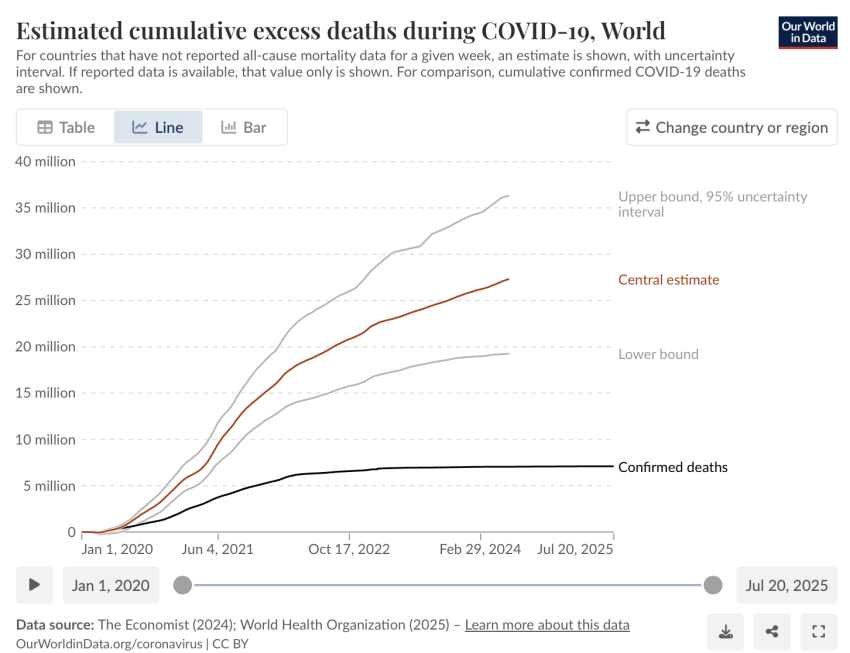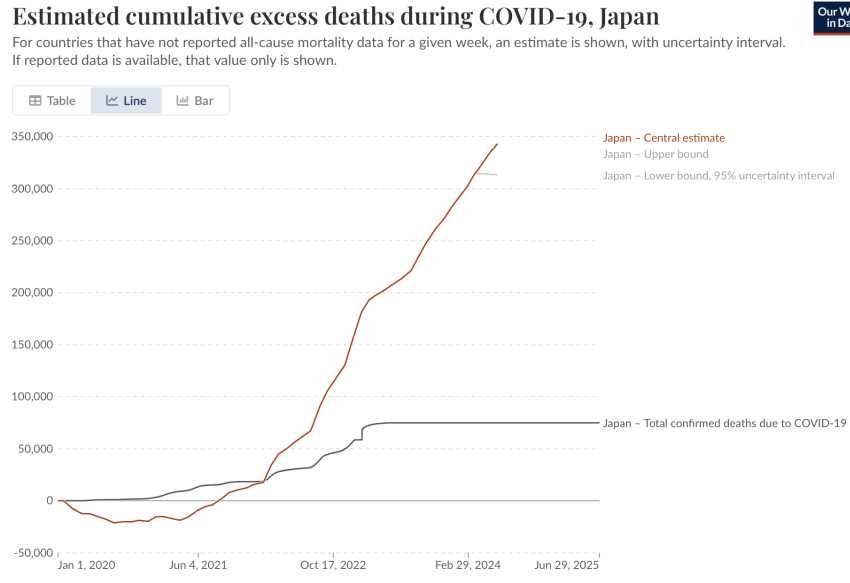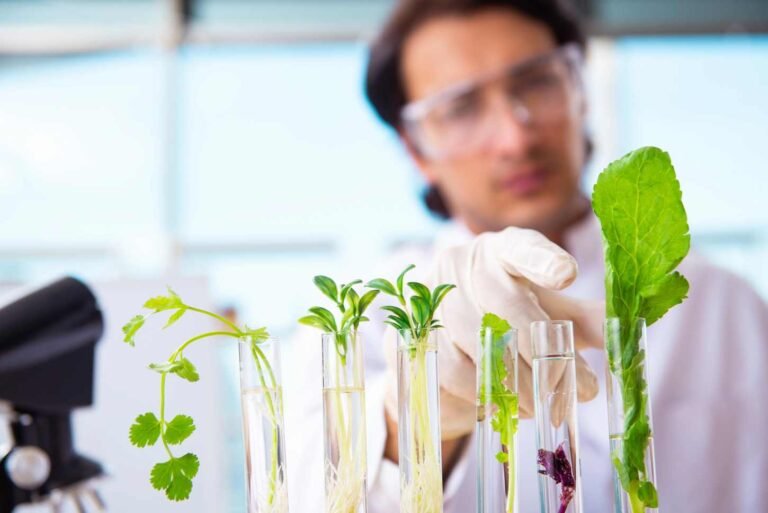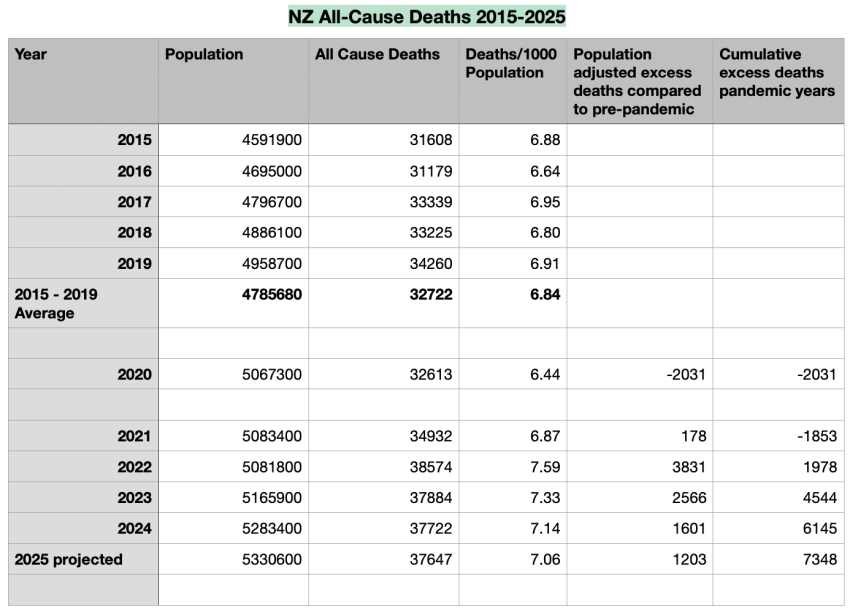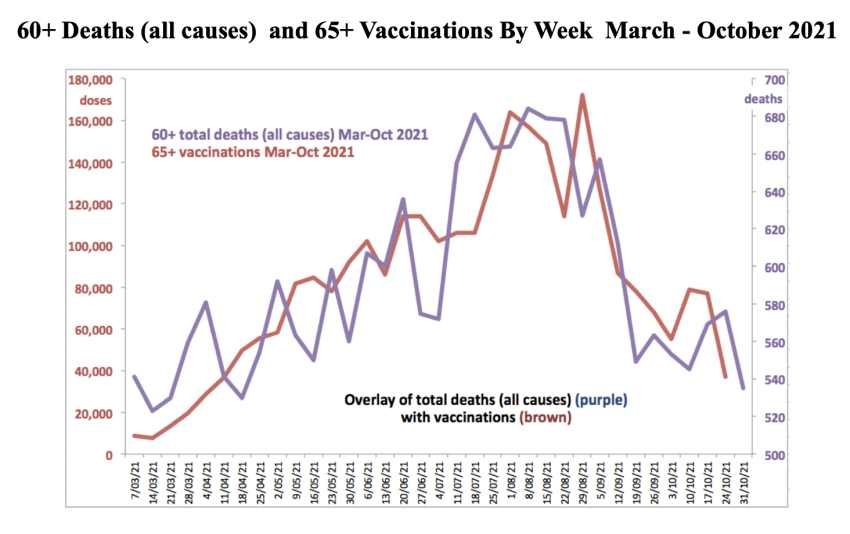If enacted, the Gene Technology Bill will take us further away from our Kiwi foundational principles and our cultural heritage of independence and care.
The Bill signals a proposed new direction for New Zealand in alignment with and subsidiary to the world’s leading biotechnology nations that will have a radical effect on our food and our health. Yet if we reflect on the results of the biotech sector so far, by and large these are meagre, fleeting, unprofitable and unhealthy. We live in an increasingly complicated globalised technological world that is endangering health and life.
The good news last week was the announcement that the Health Select Committee has once again delayed its report on the Gene Technology Bill, this time until October 11th. This was due to the behind the scenes concerns of Winston Peters and New Zealand First. Both Peters and Luxon labelled the issue “complicated”. They are right. The delay gives us some more time to make this an election issue that won’t disappear. If you need reminding about the content of the Bill see here. Below we analyse the latest scientific evidence and the evolving issues for New Zealand.
Excess deaths continue
A Japanese study entitled “Significant Increase in Excess Deaths after Repeated COVID-19 Vaccination in Japan” provides some further background on the nation with the highest uptake of COVID-19 mRNA vaccines in the world. The Japanese had received 3.6 doses per capita by March 2024 compared to 2.5 doses per capita in New Zealand. Around 80% of the population were vaccinated, the average figure equates to a range between 0—8 COVID-19 mRNA vaccines per person.
As we have previously reported in our article The Unthinking Faith in Biotechnology and A.I., Japan now has the highest rate of excess deaths in the world. From January 2020 to March 2024, there have been a cumulative 350,000 excess deaths or 2,730 excess deaths per million. This rate is three times higher than the USA where mRNA vaccination uptake was significantly lower, and two times higher than New Zealand.
mRNA COVID-19 vaccination was the flagship product of the vast biotechnology industry designed to cement a biotech era of novel medicines, long life and new channels to gain economic prosperity. But the vaccine did not stop the spread of COVID-19 infection and its administration has been accompanied by a rate of reported adverse effects unprecedented in history. Initial claims that the vaccine was saving millions of lives have since been debunked. The preposterous 14 million lives saved claim promoted by WHO, has now been downgraded by the study of Ioannidis et al. to somewhere around 2.5 million confined to older people. Even this lower figure is in turn now being robustly questioned in the review literature. mRNA vaccination was not just a failure, it was deadly.
Flagship biotech companies are failing
As a result, it is hard to escape the notion that the global biotech industry with a current market valuation of $1.74 trillion grossly inflated by speculation has become a headless chicken, still running around while effectively dead. There are more than 20,000 biotech start-ups mostly funded by governments but also by private investment in the most active biotechnology nations. These include the USA, China, India, Sweden, Switzerland, Denmark, France, the Netherlands, Singapore, Israel, UK, Finland, Belgium, Germany, Austria and Japan.
In the US alone more than 2 million people are employed in the biotech sector. Following the dismal and dire results of mRNA technology, the investors, scientists and bio technocrats are being forced to face the reality of failure. Take Arena Bioworks for example, a company launched in January 2024 with huge fanfare and US $500 million of funding. It included the support of billionaires and the participation of a galaxy of highly credentialed biotech scientists. Arena’s announced intention was to become the “Bell Labs” of biotech “to simply do nothing but science” in order to “tackle the [world’s] most daunting problems.”
In March of this year Arena laid off 10% of its workforce, two days ago a further 30% were laid off. A spokesperson for Arena confirmed the cuts will mostly affect cell and gene therapy work which was, until the reality of adverse effects began to bite, the flagship program of biotech research around which its supposed health claims revolved.
Corporate biotech is launching a fightback, trying to protect its markets by placing opinion pieces in the legacy media.
On August 19th the Wall Street Journal opinion column headlined “RFK Jr.’s Misguided War on mRNA” misdescribing more careful safety regulation as an effort “to tarnish a promising technology, a move that could damage U.S. innovation”. On August 15th a Washington Post opinion piece headlined “I witnessed Operation Warp Speed. Trump’s refusal to defend it is baffling.” It cited a now discredited three year old study which claimed the COVID-19 vaccines saved three million lives in the US and described the development of COVID-19 vaccines as “a masterstroke of American competition”. The NY Times opinion columns on August 18th led with “America Is Abandoning One of the Greatest Medical Breakthroughs“. It laments the Department of Health and Human Services decision to wind down 22 mRNA vaccine development projects under the Biomedical Advanced Research and Development Authority, or BARDA, halting nearly $500 million in government biotech investments. Whilst admitting the vaccines had problems and side effects, the article rolled out a version of that tired old saw “give us another chance and some more money, we will get it right next time”.
Biotech is profiting only when it can bypass safety testing
All this visible opposition to the sensible strengthening of medical safety testing standards means precautionary thinking is actually winning, so the biotech industry is trying any way it can to bypass the tightening of health regulation.
Look around the world today and you see the medical sector of the biotech industry crying out for more government funding and less regulation. In the face of repeated failures, astronomical costs and unprecedented rates of adverse effects, they are justifying their calls for more money by making promises they have no hope of meeting; all the while refusing to face the consequences of COVID-19 pandemic mistakes. As a consolation, they are unethically reaping what profits they can by applying exotic mRNA gene therapies to the lightly regulated animal veterinary sector, polluting the food chain.
Corporate biotech is also aligning itself with A.I. in an effort to tap into the current tsunami of A.I. investment. Make no mistake, it’s odds on that novel damaging illness is going to crawl out of the mass gene editing of millions of life forms under A.I. computer control. Software protocols experimenting on DNA. This is computers deciding how to edit humans. This is not science fiction, it is happening right now. Just remember that there are up to 10 million codons in the human genome in total, but a single codon out of place can cause fatal inherited illnesses like Huntington’s.
Meanwhile in the food sector, biotech companies are flying under the radar profiting through the introduction of biotech food processing aids and additives along with bio-edited synthetic copies of natural ingredients where any real requirement for safety testing has been removed. As we have been reporting (here and here), they have convinced regulators that industry-certified GRAS (Generally Recognised As Safe) principles will be sufficient in the food processing sector. In other words, they are asserting gene altered food and biotech production methods are safe by definition. But here too the deaths are mounting as the rapidly rising incidence of cancers is mostly being blamed on processed food consumption (AKA biotech processed foods).
The Gene Technology Bill runs counter to our New Zealand national interests
The direction being promoted by the New Zealand Gene Technology Bill amounts to the deregulation of biotechnology experimentation along with acceptance of the false principle that biotechnology is inherently safe and equivalent to natural processes. In addition, there are provisions for emergency authorisation of biotech medicines. Make no mistake about it, the absence of labelling requirements in the Bill is the result of intense lobbying by the biotech sector, they know the public are rightly suspicious of gene editing and they are demanding the right to alter traditional ingredients, processing methods, crops and medicines without being required to disclose what they are doing. In essence this is anti science, anti safety and anti life. Taken as a whole the Bill will simply be rubber stamping everything that was wrong with our government’s pandemic policy. It ignores the harm to the health of the nation we have suffered for the last five years (The latest June 2025 figures for deaths/ 1000 population are still elevated 2.5% above the pre-pandemic levels). Moreover the Bill will cast aside any hope of maintaining the clean green image of New Zealand that is the basis of our agricultural export promotions and sales.
If the passage of the Gene Technology Bill is denied, New Zealand will be sending a message to the world that there is something very wrong with biotechnology industry practice. The unscientific paradigm driving the false dreams of health and longevity is deficient in understanding and safety.
Who or what is to blame?
What happened in New Zealand during the pandemic was part and parcel of a global biotech overstep, we should realise that all New Zealand political parties in power at the time would certainly have made the same decisions if not worse. The COVID-19 virus emerged from biotechnology experimentation and COVID-19 vaccinations emerged from a biotech world of hype and hope that was not founded in reality. A glance at prior research findings should have been more than sufficient to realise that safety issues were proving insurmountable. Instead, known adverse mutagenic effects in the pre-pandemic years were swept under the carpet, while around the world governments, health authorities and the public were force fed an unremitting diet of false promises of ‘safety and efficacy’ and herded into decisions that ultimately lead to an economic and health catastrophe.
Incomplete science along with a disregard for safety testing and public health on the part of multinational food, pharmacy and biotech companies and their owners and principle investors bear the main burden of responsibility for the thirty million lives lost during the pandemic. Governments and their military wings had for years been naively believing in the false promises of the biotechnology industry. As we have discussed in hundreds of well argued and well referenced articles, the missing piece of the jigsaw lies in something unique to life that is literally staring us in the face whenever we look in a mirror, our own self behind the mask—the puppet master of bodily life: awareness. The whole biotech faulty paradigm of life has been constructed without a foundation in consciousness—the hallmark of the living—as if we were all just insentient machines. Nothing could be further from our own experience and the truth of life.
Our cause
New Zealand can face up to the glaringly obvious deficiencies in the current biotech misunderstanding about life by simply rejecting the Gene Technology Bill and requiring upgraded safety testing and labelling rules including information about GM processing methods and the presence of trace contamination residues. The New Zealand Bill of Rights should be elevated to a constitutional principle along with appropriate clauses protecting consumer choice. Biotechnology experimentation on the germlines of living organisms needs to be outlawed. No one anywhere in the world should be doing gain of function research or editing traditional food sources.
By rejecting the Gene Technology Bill, we will be cementing a leading place for New Zealand in the rapidly growing global market for healthy natural foods, cosmetics, and medicines. We will continue to stand apart from the crowded world stage and chart our own course of health, self-sufficiency and common sense. This is not an anti-science option, as more and more studies of pandemic outcomes are being published, it is becoming crystal clear that the ideas driving biotechnology are completely at odds with the evidence. Genes form a network grounded in the quantum mechanical nature of physical reality. This genetic network supports the expression of our human consciousness and its highest ideals. Tinker with that only at the gravest peril to civilization. As the figures from Japan should be teaching us: ultimately billions of lives are at stake.
To access more articles by Guy Hatchard subscribe to our Substack channel





